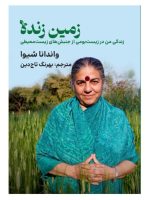
French author and filmmaker born and raised in French Indochina whose work crosses traditional boundaries of fiction and autobiography, blurring the lines between self and other, reality and imagination, absence and desire. Name variations: Marguerite Donnadieu. Pronunciation: du-RAS. Born Marguerite Donnadieu on April 4, 1914, in Gia-Dinh, near Saigon, in French Indochina; died in Paris, France, on March 3, 1996; daughter of French colonial settlers Henri Donnadieu (taught mathematics and made a brief career for himself in the colonial government) and Marie Legrand Donnadieu (trained as an elementary school teacher in France and taught at a school for indigenous children in Indochina);
completed high school in Saigon; studied law and political science in Paris; married Robert Antelme, in 1939 (divorced 1946); children: (with Dionys Mascolo) son, Jean Mascolo (b. 1947).
Grew up in Indochina; returned to France with family (1932); chose name Marguerite Duras when her first book, Les Impudents, was published (1943); entered the French Resistance movement; joined the Communist Party (1944), which she then left (1950); actively protested against the war in Algeria (1955–60); published over 40 novels as well as numerous essays, stories, plays, films, and interviews; awarded the Goncourt prize for literature for her novel The Lover (1984).







